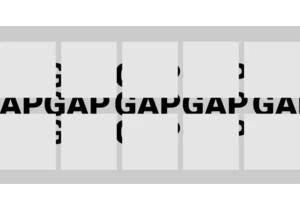You might know a few ways to create charts with pure CSS. Some of them are covered here on CSS-Tricks, and many others can be found on CodePen, but I haven’t seen many examples of “area charts” (imagine a line chart with the bottom area filled in), particularly any in HTML and CSS alone. In this article, we’ll do just that, using a semantic and accessible HTML foundation. Let’s start with the HTML To simplify things, we will … Read article “How to Make an Area Chart With CSS”
The post How to Make an Area Chart With CSS appeared first on CSS-Tricks. You can support CSS-Tricks by being an MVP Supporter.
Accedi per aggiungere un commento
Altri post in questo gruppo

Styling the space between layout items — the gap — has typically required some clever workarounds. But a new CSS feature changes all that with just a few simple CSS properties that make it easy, ye

Being the bad boy I am, I don't take Tailwind's default approach to cascade layers as the "best" one. Over a year experimenting with Tailwind and vanilla CSS, I've come across what I believe is a b


KelpUI is new library that Chris Ferdinandi is developing, designed to leverage newer CSS features and Web Components. I've enjoyed following Chris as he's publishe

The CSS if() function enables us to use values conditionally, which we can already do with queries and other functions, so I’m sure you’re wondering: What exactly does if()

The CSS if() function was recently implemented in Chrome 137, making it the first instance where we have it supported by a mainstream browser. Let's poke at it a bit at a very high lev

Zell discusses refactoring the Resize, Mutation, and Intersection Observer APIs for easier usage, demonstrating how to implement callback and event listener patterns, while highlighting available o
